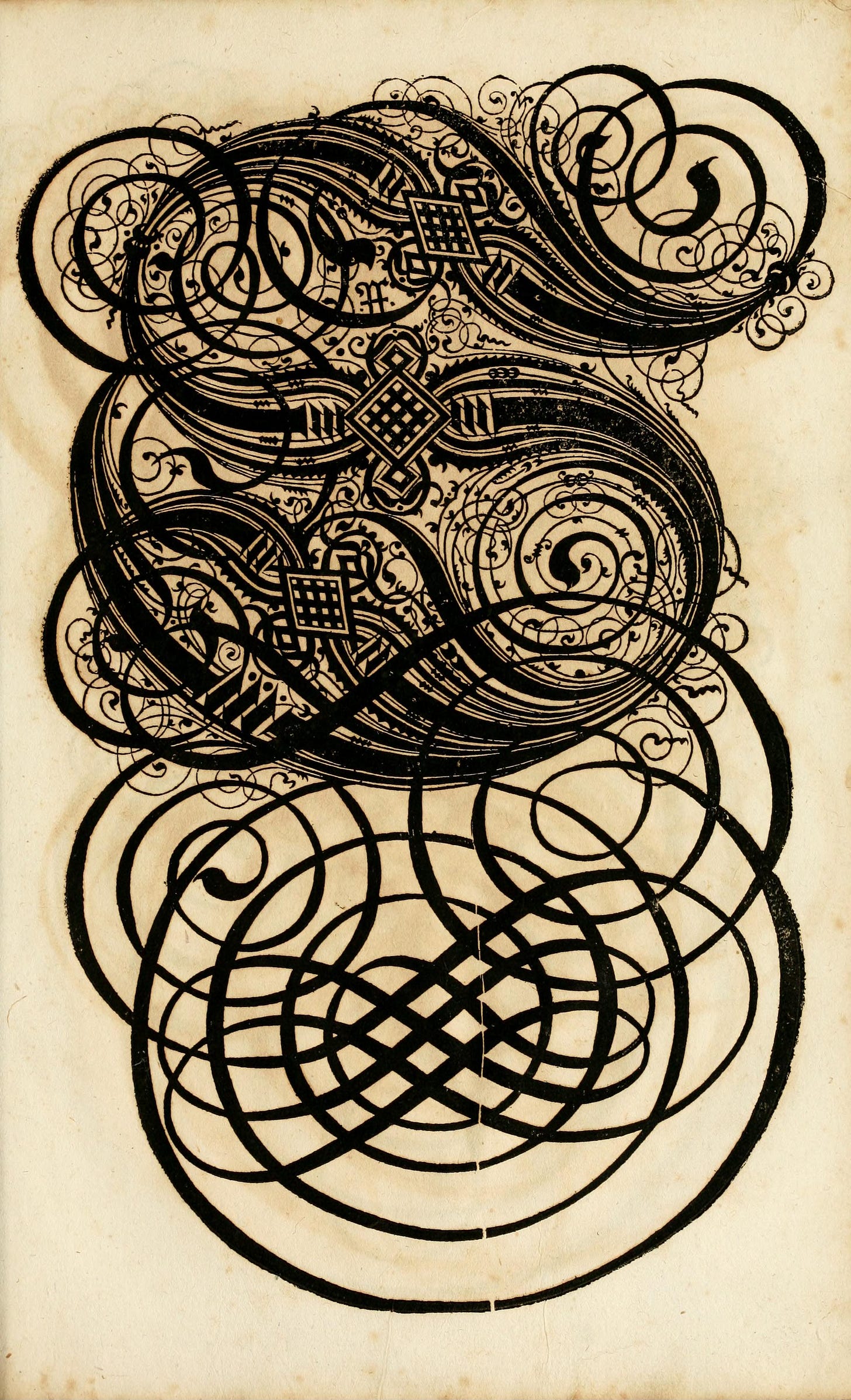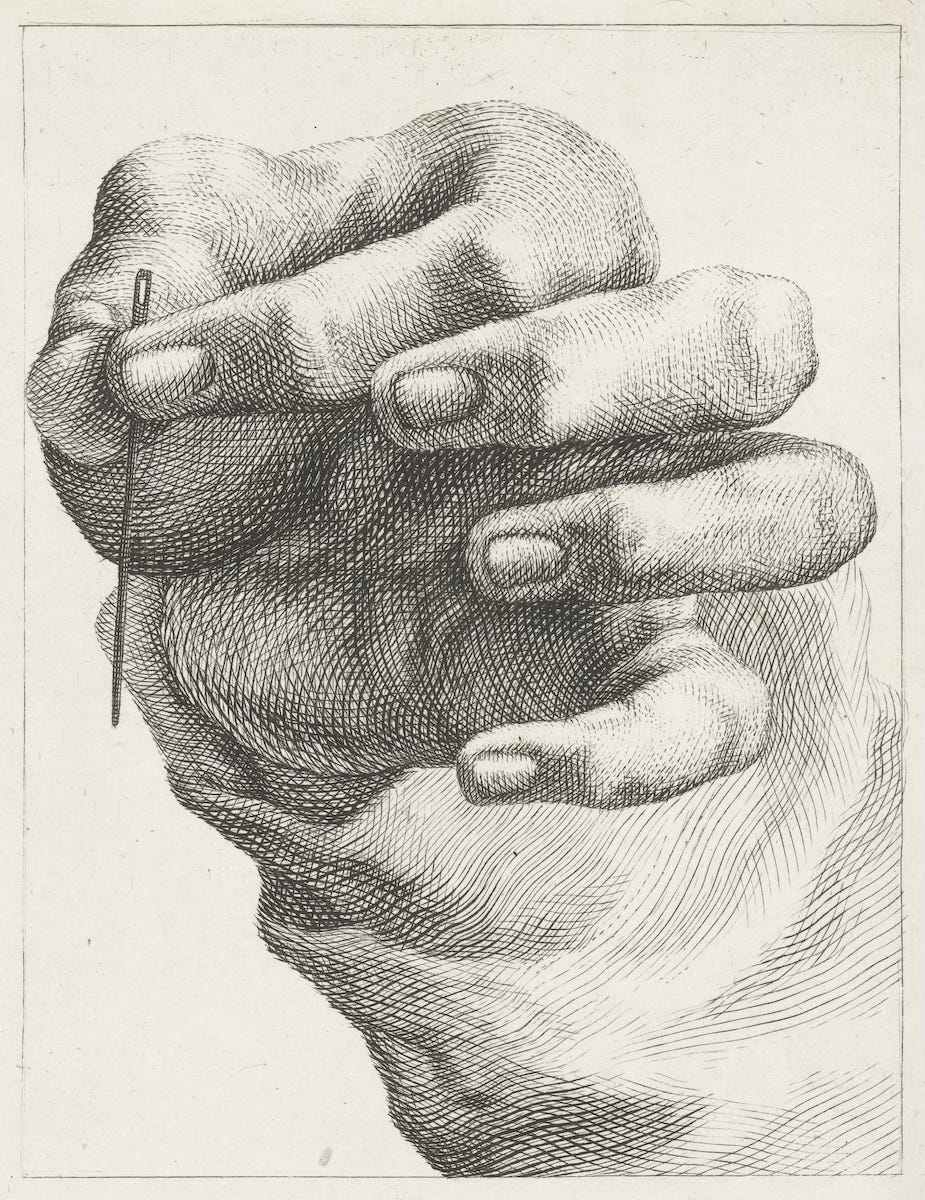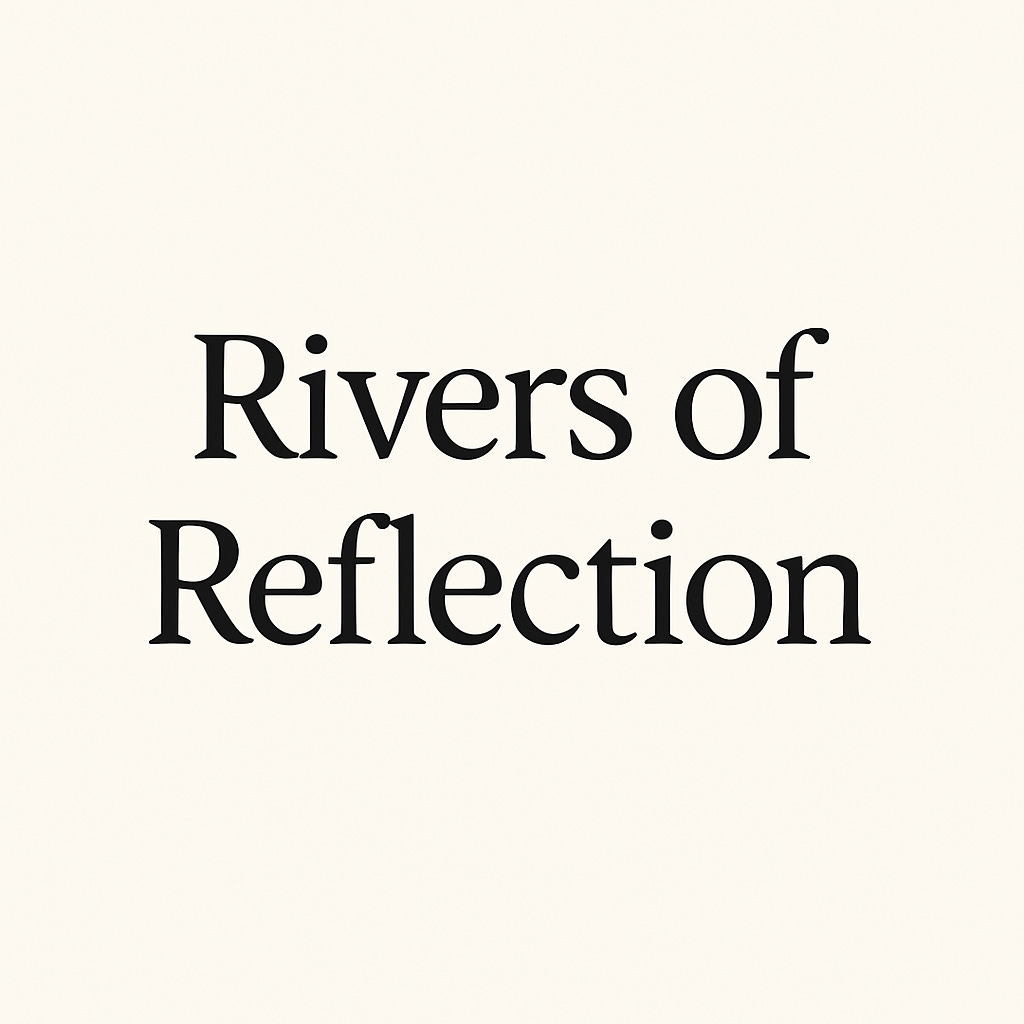In Direct Defiance
On neurodivergence, creativity, and the radical reclamation of AI as access. On why I won’t apologize for needing support.

This is not a think piece. This is a lived experience. This is not about technology for technology's sake. This is about art, voice, neurodivergence, and the process of becoming. If you're reading this, thank you for showing up with curiosity. This piece is as much about the creative path as it is about the tools that help us find our footing along it.
Spirals
I write in spirals, not steps. My mind loops and circles and returns before it ever moves forward. That’s how I think, how I create, how I survive. For most of my life, I didn't know that this was a valid way of being. I only knew that it wasn't the way I was supposed to function. Linear thinking. Point A to Point B. Outline, draft, revise, publish. That was the model. That was the expectation. And it never worked for me.
I write in spirals, not steps. My mind loops and circles and returns before it ever moves forward.
As someone who is Autistic with PDA and ADHD, traditional communication has always felt like walking uphill in fog. The pressure to be consistent, coherent, presentable, articulate; all while managing the invisible labor of self-regulation, sensory navigation, and unspoken social rules, left little room for creative exploration. Let alone creative expression. Adulthood increased demands, not freedom. I got lost in performance.
Enter: art. Enter: poetry. Enter: messy watercolor pages, charcoal fingerprints, scattered journals, voice notes, half-formed essays. Enter: the only language I have ever trusted to hold all my contradictions at once. Enter: the tools of my craft.
And enter, recently: Artificial Intelligence.
A Tool, Not a Shortcut

When people criticize writers for using AI, I hear a familiar judgment. A familiar ableism. The assumption that if a tool makes something easier, it must be cheating. That if you don’t suffer for your art, it doesn’t count. But what if your life has already been saturated with struggle? What if you’ve spent years trying to translate your mind into something legible for others, only to be misunderstood anyway?
The assumption that if a tool makes something easier, it must be cheating. That if you don’t suffer for your art, it doesn’t count.
I use AI because it closes the loops my brain sometimes cannot. Because verbal articulation is not always available to me. Because I can have a brilliant thought, a profound connection, a unique insight, and not be able to speak or write it in a way that others will understand. Because my pattern recognition is exceptional, but my executive functioning is not. Because I have lived most of my life being told I am too much or not enough. Because this tool makes space for my voice.
This is not slop. This is survival. This is accessibility. This is art.
Not Everyone Gets It. That’s Okay.
There is so much noise online about AI being lazy, uninspired, unethical. And yes, there are valid conversations to be had about the sourcing of datasets, about biases, about environmental impact. But those conversations should not be weaponized against disabled people who use AI as an accessibility tool.
There is so much noise online about AI being lazy, uninspired, unethical. And yes, there are valid conversations to be had about the sourcing of datasets, about biases, about environmental impact.
I don't use AI to avoid thinking. I use it to think better. To think more clearly. To make connections between the spiraling fragments that pour out of my voice notes, my journals, my sketches. I don't plug in a prompt and walk away. I show up to the page with my whole self, and I co-create. I direct. I shape. I revise. I mold the language until it feels like me. Until it sounds like something I would make a home in.
If I had a circle of trusted editors on standby, maybe I would ask them to help shape my thoughts. But I don’t. Most people aren’t willing to engage with the work of disabled creators unless it comes wrapped in a familiar package. Unless it sounds like what they already understand.
Most people aren’t willing to engage with the work of disabled creators unless it comes wrapped in a familiar package. Unless it sounds like what they already understand.
Eddies in the River: Why They Matter
I called this publication Rivers of Reflection for a reason. Because creativity, for me, is not a straight line. It’s not a single current pulling me from beginning to end. It’s a river. Full of swirls and pauses. Full of eddies.
In fluid dynamics, an Eddy is a swirling of water that flows opposite to the main current, often forming downstream of an obstacle like a rock or log.1 In rivers, these currents aren’t random. They are complex micro-environments where water pools, oxygenates, and sustains diverse life. Engineers studying river flow still struggle to fully replicate eddies artificially, precisely because they’re not just predictable currents but dynamic patterns born of complexity.2
These natural eddies defy linear control: they emerge, swirl, pause, and release in unpredictable harmony. That’s why civil engineers haven’t (and perhaps can’t) recreate them by design; they simply arise in wild systems, not engineered ones.
I think of AI the same way. It isn’t a rote shortcut. It’s an eddy. A space to pause, to oxygenate thought, and to return clarified. Because creativity for me doesn’t travel in a straight line; it spirals, it loops, it returns. And in those spirals, I need tools that can support my current. I think of AI as the access to an Eddy that neurotypical people are capable of automatically cultivating or naturally possess.
I think of AI the same way. It isn’t a rote shortcut. It’s an eddy. A space to pause, to oxygenate thought, and to return clarified.
In Direct Defiance
I defy the idea that struggle is a prerequisite for value. I defy the belief that my voice is only valid if I suffer to produce it. I defy the assumption that AI flattens human creativity. What it does, for me, is give it form.
I defy the idea that struggle is a prerequisite for value. I defy the belief that my voice is only valid if I suffer to produce it.
I have spent decades trying to find a way to exist in a world that wasn't built for me. A world that rewards linearity, productivity, proof. I will not apologize for using the tools available to me to build something different. To make something beautiful.
This is my creative practice. This is my process. This is my refusal to disappear.
And it is mine.
“Eddy (Fluid Dynamics).” Wikipedia: The Free Encyclopedia, Wikimedia Foundation, https://en.wikipedia.org/wiki/Eddy_(fluid_dynamics).
Wendel, JoAnna. “The Hunt for the Right Eddy.” NASA Earth Expeditions, NASA, 28 May 2021, https://science.nasa.gov/blogs/earth-expeditions/2021/05/28/the-hunt-for-the-right-eddy/.







Exactly, I honestly don't think I could do Substack quite the same without Grammarly and Pseudowrite. It enables me to produce better quality written work more efficiently.
I totally get this. I use AI tools to help improve flow and sentence structure. These are areas where I really tend to struggle, due to my neurodivergence. I'm more of a holistic rather than categorical thinker. Thus if left to my own devices, I would write in very dense paragraphs and run on sentences that most people would struggle to follow.